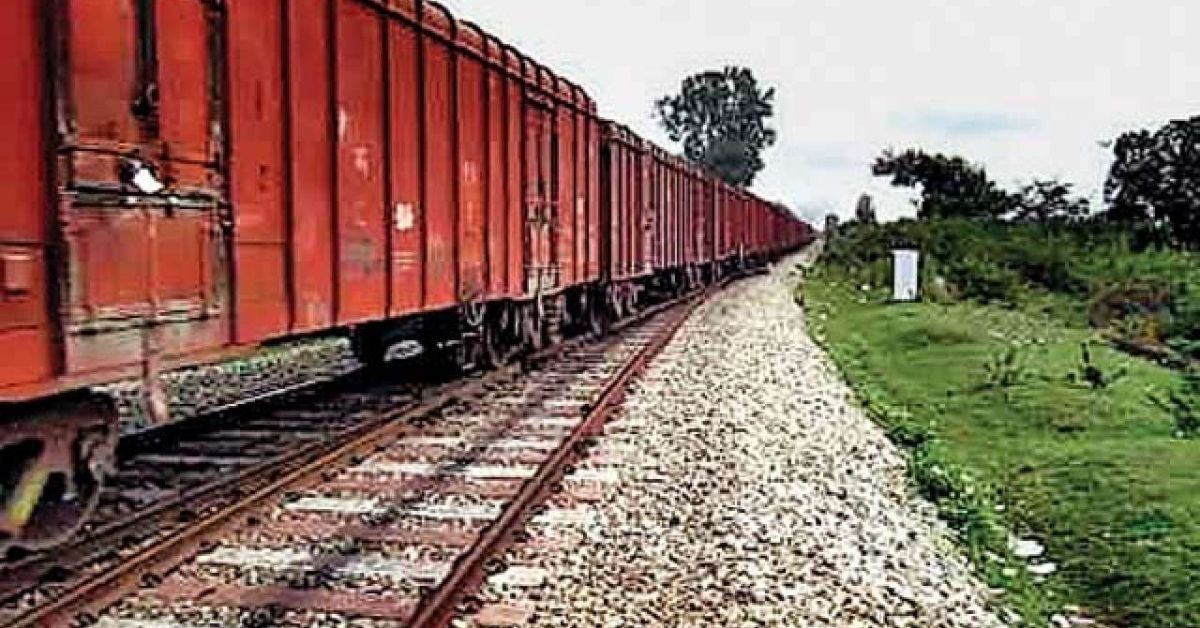The Italian government and a UAE-based private equity firm have together picked up almost 44 per cent stake in Titagarh Wagons’ fully-owned subsidiary Firema SpA, a top company official said on Sunday. The company saw a “recapitalisation of Euro 20 million through fresh equity infusion”, raising the total capital to Euro 33 million, he said.
Invitalia, the Italian government’s investment promotion agency, pumped in Euro 10 million for a 30.30 per cent stake, and the UAE-based PE firm – Hawk Eye DMCC – picked up a 13.64 per cent shareholding for Euro 4.5 million, the company official said.
The rest Euro 5.5 million has been infused by a Titagarh Group company.
“The recapitalisation of Euro 20 million provides a fresh lease of life for the Italian company which will now be able to turn around and tap huge railway opportunities with branding and strategic value addition by Invitalia,” Titagarh Wagons Vice Chairman and Managing Director Umesh Chowdhary told PTI.
Italian firm Firema, which is executing railway projects in Europe, was taken over by the Kolkata-based Titagarh Group in 2015.
He said this investment will allow Firema to develop its business.
The recapitalisation will also help the company achieve its target of reaching a monthly production of 20 EMU coaches and become a high-quality manufacturer of train coaches for Europe, Chowdhary said.
With the recapitalisation, the Titagarh Wagons’ stake in Firema SpA reduces to 49.7 per cent and hence, Titagarh Firema SpA ceases to be a subsidiary of the Indian engineering company, the official said.
Another Titagarh promoters’ company Shivalik Mercantile would hold a 6.36 per cent stake in the Italian firm, he said.
Thus, the group’s shareholding in Titagarh Firema SpA would be over 56 per cent.
The Italian firm had reported a loss of around Euro 9 million in the last fiscal and is expected to be EBITDA (earnings before interest, taxes, depreciation and amortisation) positive this fiscal, the company official said.
Firema currently has a healthy order book of Euro 500 million euros, which is expected to be executed in the next four-five years, he added.






